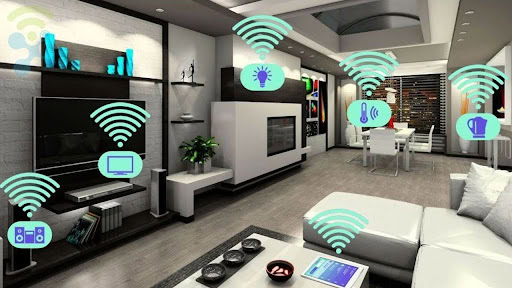Wireless technology is one of the most popular and widely used applications. It has been around for quite some time and continues to grow in popularity. It is a field that deals with the design, construction, and operation of wireless networking systems.
Wireless technology has many benefits, including a decreased reliance on physical infrastructure, increased flexibility, and the ability to connect devices anywhere. With wireless technology, businesses can create a more flexible and efficient workplace by connecting employees and equipment across multiple locations.
Wireless systems use radio waves to transfer data between devices. Wireless engineers need knowledge in mathematics, physics, and electronics to create reliable networks. Let’s know some basic tips regarding wireless engineering.

-
Choose the right equipment
As a professional in the wireless engineering field, it is important to have the right tools for the job. You need to make sure that you have the right equipment to enable you to work efficiently and effectively. When choosing equipment for wireless engineering, there are a few things to consider.
First, you need to think about what type of work you will be doing. If you will be doing a lot of site surveys, then you will need a good survey tool. If you will be working with antennas, then you will need an antenna analyzer. If you will be doing a lot of programming, then you will need a good programming laptop.
Second, you need to think about your budget. Some tools are more expensive than others. But just because something is expensive doesn’t mean it is the best tool for the job.
You may also like 5 Best IPTV Players for Android TV
-
Configure your wireless network correctly
Configuring your wireless network correctly is essential to getting the best performance from your network. In most cases, the default settings will work fine, but there are a few things you can do to optimize your network for the best performance.
First, make sure that your wireless router is placed in a central location in your home. If it’s located in a corner or near a wall, you may experience decreased signal strength and slower speeds.
Next, make sure that you have a strong signal in the areas where you’ll be using your devices. If you have multiple devices connecting to the network, try to place them in areas where they’ll get the best signal. You can use an app like WiFi Analyzer to help you find the best spot for each device. Finally, if possible, try to avoid using interference-causing devices near your wireless router.
You may also like Communication Radios
-
Knowing the troubleshooting is the key
In order to be successful in the field of wireless engineering, it is important to have a strong understanding of the troubleshooting process. Many times, issues with wireless networks can be resolved by identifying and addressing the root cause of the problem. By being familiar with the different types of problems that can occur, as well as the tools and techniques that are available for troubleshooting, you can greatly improve your chances of resolving any issues that may arise.
Another common issue with wireless networks is poor coverage. Troubleshooting can come in handy in solving network issues in wireless engineering. If something goes wrong, don’t panic! There are different engineering wireless services available regarding network problems and they will help you to troubleshoot your network.
You may also like 5G Vs. WiFi: Everything You Need to Know
-
Network security
Network security is essential for any wireless network. Without proper security, your data and your network are at risk. There are a variety of security measures you can take to protect your wireless network. The most important step is to create a strong password and keep it confidential.
You should also use encryption to protect your data, and make sure that your firewall is enabled. In addition, you should be vigilant about updating your software and security patches. By taking these measures, you can ensure that your wireless network is safe and secure. So, make sure to secure your network with proper authentication and encryption methods.
-
Conclusion
In the above writing, we discussed some basic tips to help you get started in wireless engineering. Besides those, you should start by studying the basics of electromagnetic waves and antennas. Learn about the different types of wireless technologies and standards.
Moreover, practicing debugging and troubleshooting wireless networks. Lastly, stay up-to-date on the latest advances in wireless technology.
Would you like to read more about wireless systems-related articles? If so, we invite you to take a look at our other tech topics before you leave!
![]()













